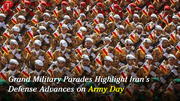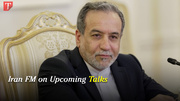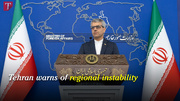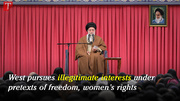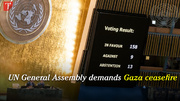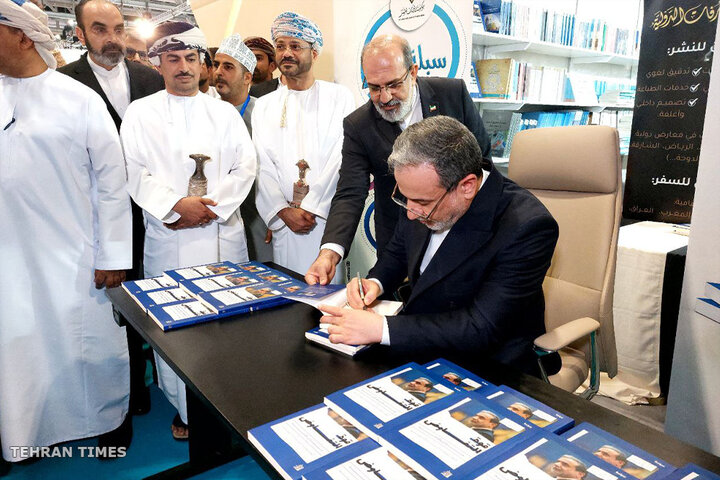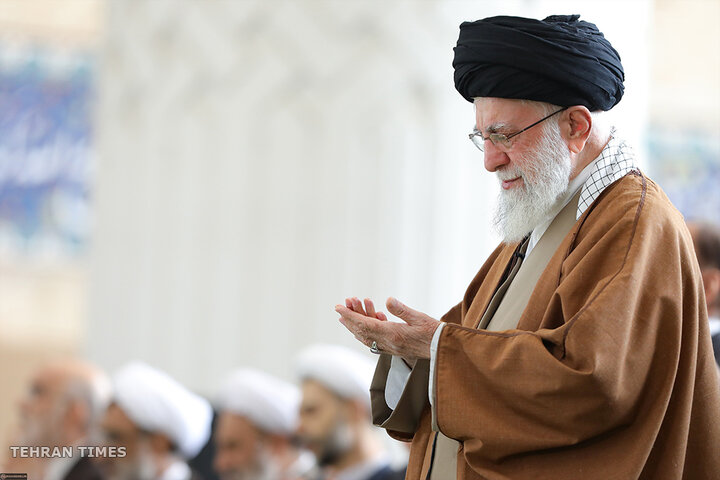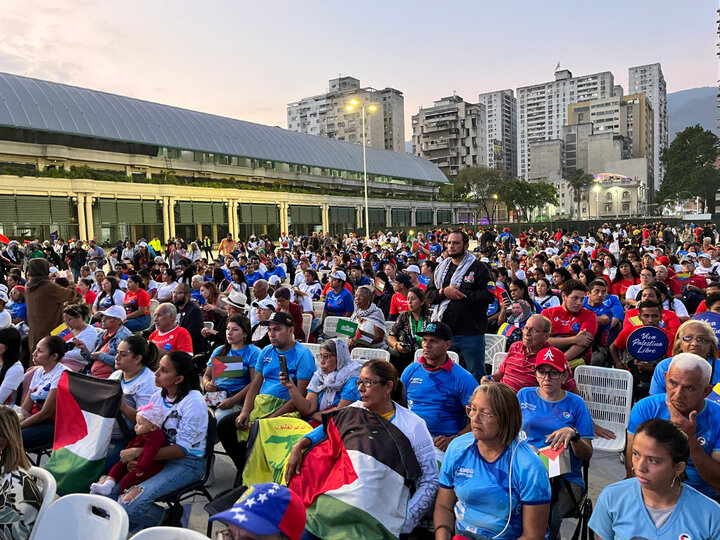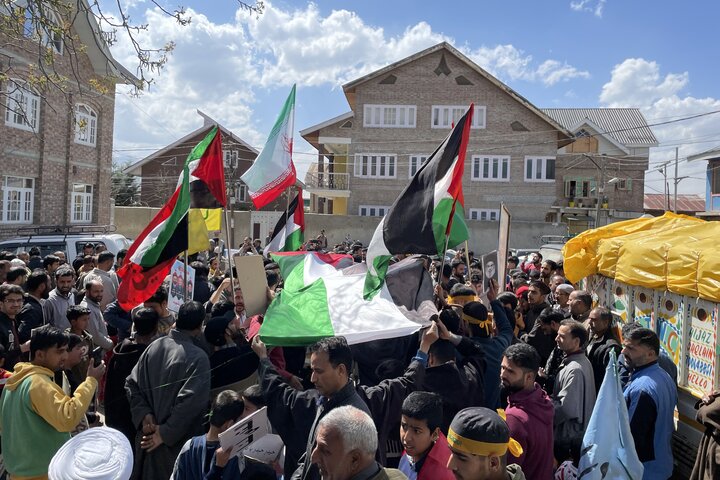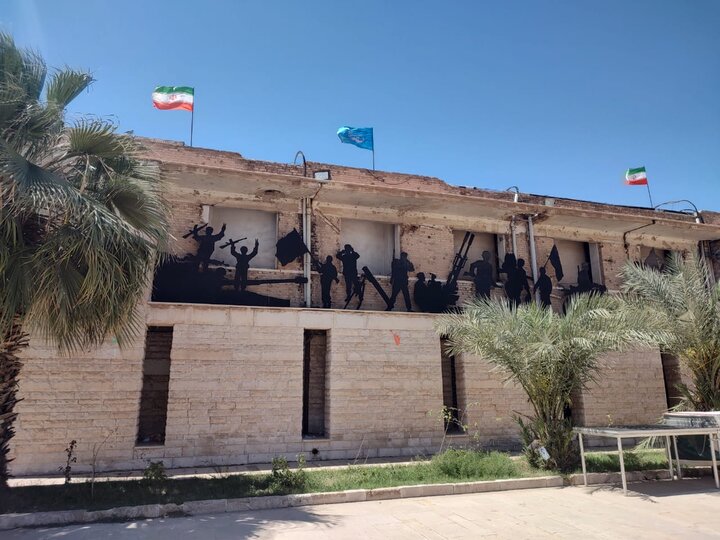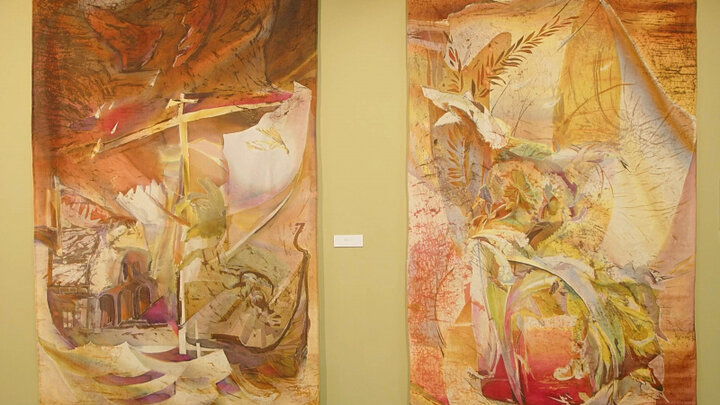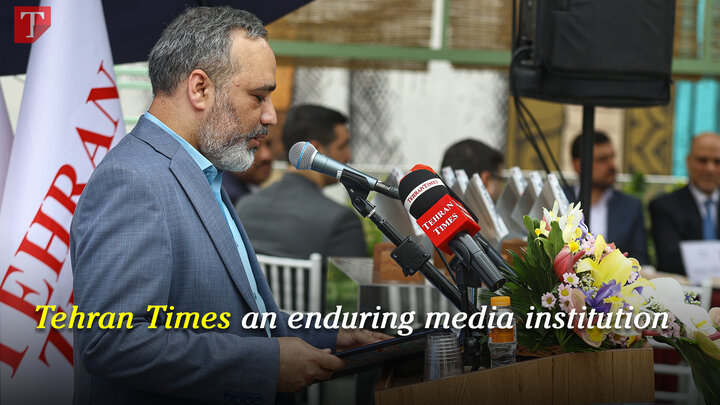-
 2025-05-07 18:09
2025-05-07 18:09
A pioneering and outstanding Hawza
Leader's message to 100th Anniversary of Reestablishment of Hawza Ilmiyya of Qom:
The following is the full text of leader's message issued on April 30, 2025, addressed to the conference commemorating the 100th anniversary of the establishment of the Hawza Ilmiyya of Qom [Islamic Seminary of Qom] and its founder, Grand Ayatollah Haj Sheikh Abdulkarim Haeri Yazdi (ra)
-
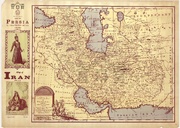
By Garsha Vazirian
Why the Persian Gulf’s identity is non-negotiable
Trump’s alleged decision to ‘change’ Persian Gulf’s name draws condemnation, ridicule
TEHRAN – The Associated Press sent shockwaves across Iran on Wednesday with a report alleging that U.S. President Donald Trump, during an upcoming visit to Saudi Arabia, plans to declare the Persian Gulf by the fabricated term “Arabian Gulf.”
-
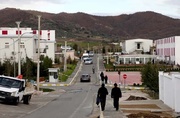
By Sheida Sabzehvari
Europe’s hidden human rights crisis: The MEK’s forbidden family bonds
Iranian families beg Red Cross for answers on missing relatives recruited by terror organization
TEHRAN – The human heart craves family. It's crucial for our well-being, providing warmth, security, and a sense of belonging. But for a terrorist group that has isolated over 2000 people in a cloistered community at the heart of Europe, familial bonds are not a source of strength, but a threat to obedience.
-
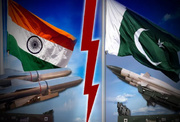
By Sahar Dadjoo
South Asia’s nuclear neighbors nearing a dangerous threshold
TEHRAN - The sporadic military clashes between India and Pakistan may lead to a full-fledged war between the two nuclear-armed neighbors with profound global and economic implications.
-
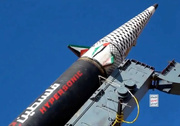
By Sondoss Al Assad
As usual, Yemen turns the tables on the magician
BEIRUT — It seems clear that the upcoming days will be witnessing accelerating developments as West Asia is on a political hotbed following the hypersonic ballistic missile launched at Ben Gurion Airport in an unprecedented strategic development.
Politics
-
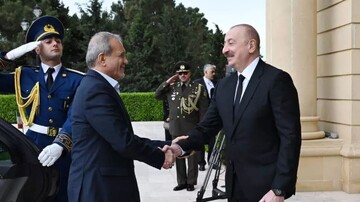
Regional integration and security cooperation: Is Iran reshaping the balance of power in Caucasus?
CAIRO – Amid rapid shifts in the global and regional order, Iranian President Masoud Pezeshkian’s recent visit to Baku—marked by strategic agreements and assertive political statements—signals a recalibrated Iranian strategy aimed at redefining its geopolitical and economic role in its immediate neighborhood.
-
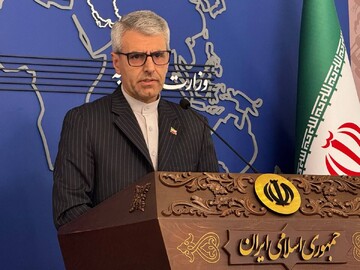
Next round of Iran-U.S. talks pending Omani coordination, says Tehran
TEHRAN – Iran says the date and venue of the next round of indirect negotiations with the United States will be announced by Oman once finalized.
-
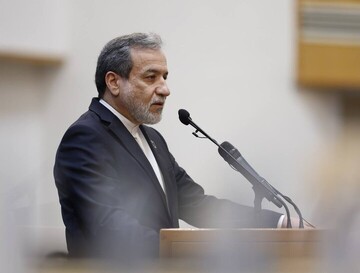
Iran urges UK to uphold rights of detained nationals
TEHRAN – Iran’s Foreign Minister Abbas Araghchi has urged British authorities to safeguard the rights of Iranian nationals arrested in recent counter-terrorism raids, while expressing Tehran’s willingness to assist with any credible investigations.
Sports
-
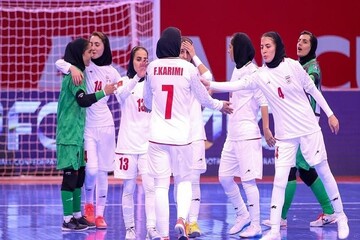
Iran defeat Hong Kong in AFC Women’s Futsal Asian Cup China 2025
TEHRAN - Defending champions Iran secured their place in the quarter-finals after defeating Hong Kong 3-1 in their AFC Women’s Futsal Asian Cup China 2025 Group B tie on Friday.
-
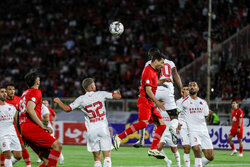
Nassaji join Havadar in PGPL relegation
EHRAN – Nassaji football team were relegated in the penultimate week of the 2024/25 Iran Persian Gulf Pro League (PGPL), joining Havadar in the Azadegan League next season.
-
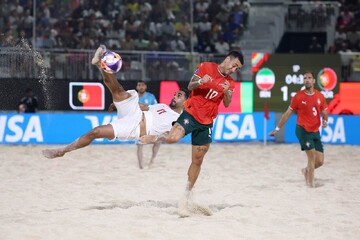
Iran’s dream in 2025 Beach Soccer World Cup ended
TEHRAN - Iran’s FIFA Beach Soccer World Cup Seychelles 2025 title ambitions came to a premature end after losing 4-3 to Belarus in the quarter-finals on Thursday.
Culture
-
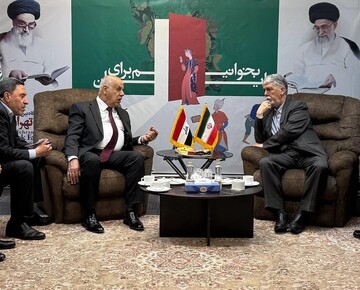
36th Tehran International Book Fair opens at Imam Khomeini Mosalla
TEHRAN-The 36th Tehran International Book Fair (TIBF) opened at the Imam Khomeini Mosalla in Tehran on Wednesday in the presence of the Minister of Culture and Islamic Guidance Seyyed Abbas Salehi.
-
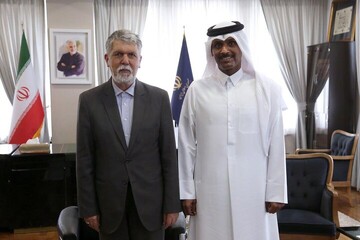
Iran, Qatar officials discuss expansion of cultural ties
TEHRAN- The Qatari Ambassador to Iran Saad Abdullah Saad Al Mahmoud Al Sharif met with the Iranian Minister of Culture and Islamic Guidance Seyyed Abbas Salehi at the Ministry of Culture in Tehran on Monday.
-
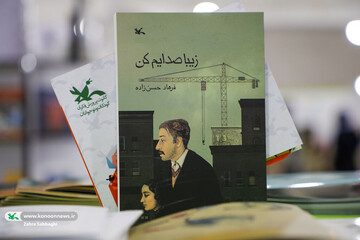
Award-winning novel “Call Me Ziba” republished
TEHRAN- The 11th edition of the Children’s book writer Farhad Hassanzadeh’s novel “Call Me Ziba” has recently been published.
Economy
-
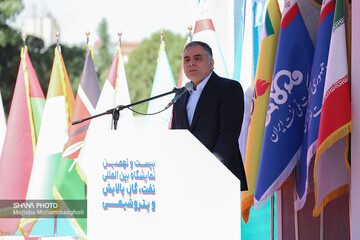
Over 2,200 companies attend West Asia's biggest oil industry gathering in Tehran
TEHRAN - Iran's oil industry, a key economic driver, is showcasing its latest achievements at the 29th International Oil, Gas, Refining and Petrochemical Exhibition (Iran Oil Show 2025) in Tehran, where over 2,200 domestic and international companies have convened.
-
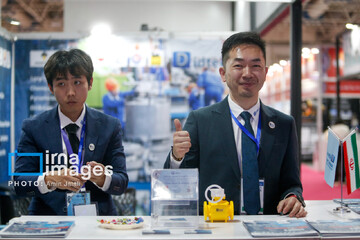
Iran, China sign deal on coal-to-gas technology cooperation
TEHRAN – Iran’s Research Institute of Petroleum Industry (RIPI) and a major Chinese firm called Keyon have signed a memorandum of understanding to collaborate on coal-to-natural gas conversion technologies, officials said on Thursday.
-
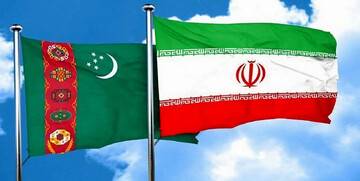
Iran sees Turkmenistan partnership as gateway to regional gas trade
TEHRAN – Iran's National Gas Company is ramping up efforts to attract foreign investment and expand energy ties with neighboring countries, with a senior official saying closer cooperation with Turkmenistan could pave the way for broader regional gas trade.
Society
-
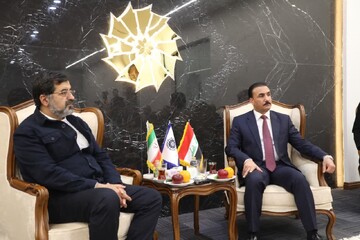
Iranian, Iraqi officials discuss fostering educational ties
TEHRAN –Iran’s deputy minister of education, Hamid-Reza Sheikholeslam, and Iraqi minister of education, Ibrahim Namis Yassin, have discussed avenues for expanding educational cooperation between the two countries.
-
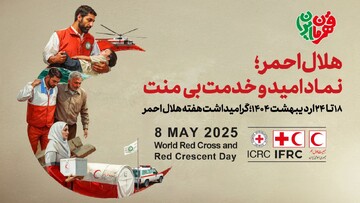
National red crescent week to be marked
TEHRAN – The national red crescent week is scheduled to be held from May 8 to 14.
-

Special budget allocated to rare, hard-to-treat diseases
TEHRAN – The administration has approved 120 billion rials (some 144,000 dollars) for treating rare and hard-to-treat diseases in the current Iranian year, which started on March 21.
Tourism
-
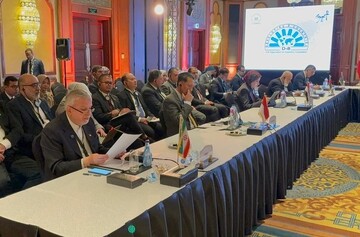
Iran proposes strategic tourism roadmap at D-8 meeting in Cairo
TEHRAN – On Tuesday, Iran’s Minister of Cultural Heritage, Tourism, and Handicrafts, Seyyed Reza Salehi-Amiri, called for a transformative approach to tourism as a driver of sustainable peace and Islamic civilizational renewal during the 5th D-8 Senior Officials Meeting on Tourism, held Tuesday in Cairo.
-
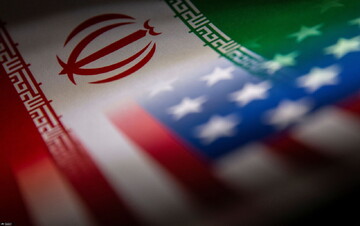
Iran announces adjustment to visa validity for U.S. applicants
TEHRAN - Iran’s Interests Section in Washington, D.C. has announced a reduction in the validity period for tourist and entry visas issued to U.S. applicants.
-
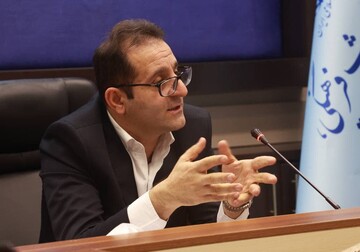
Iran eases visas, but media misinformation still a barrier to tourism
TEHRAN – A senior Iranian tourism official has said that the spread of negative media narratives about Iran – commonly referred to as Iranophobia – poses a significant challenge to the country’s tourism sector, even as visa requirements for most travelers have been eased or eliminated.
International
-

South Asia’s nuclear neighbors nearing a dangerous threshold
TEHRAN - The sporadic military clashes between India and Pakistan may lead to a full-fledged war between the two nuclear-armed neighbors with profound global and economic implications.
-

As usual, Yemen turns the tables on the magician
BEIRUT — It seems clear that the upcoming days will be witnessing accelerating developments as West Asia is on a political hotbed following the hypersonic ballistic missile launched at Ben Gurion Airport in an unprecedented strategic development.
-
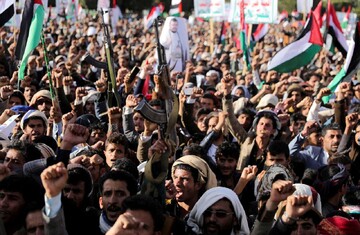
Yemen warns Israelis to stay in shelters
TEHRAN – Yemen has warned the Israeli regime of a painful response while revealing that America had called for a ceasefire.
Most Viewed
-
Why the Persian Gulf’s identity is non-negotiable
-
South Asia’s nuclear neighbors nearing a dangerous threshold
-
India strikes three sites inside Pakistan
-
As usual, Yemen turns the tables on the magician
-
Yemen warns Israelis to stay in shelters
-
A pioneering and outstanding Hawza
-
Regional integration and security cooperation: Is Iran reshaping the balance of power in Caucasus?
-
Iran's monthly non-oil trade reaches $5.8b
-
Next round of Iran-U.S. talks pending Omani coordination, says Tehran
-
Iran, Pakistan seek stronger trade ties via Chabahar-Gwadar link
-
US loses another warplane off Yemen
-
Europe’s hidden human rights crisis: The MEK’s forbidden family bonds
-
Women’s kabaddi aim for second Asian Games gold: coach
-
Pakistan vows retaliation after Indian missile strikes
-
Iran, Tajikistan to expand cooperation on standards
